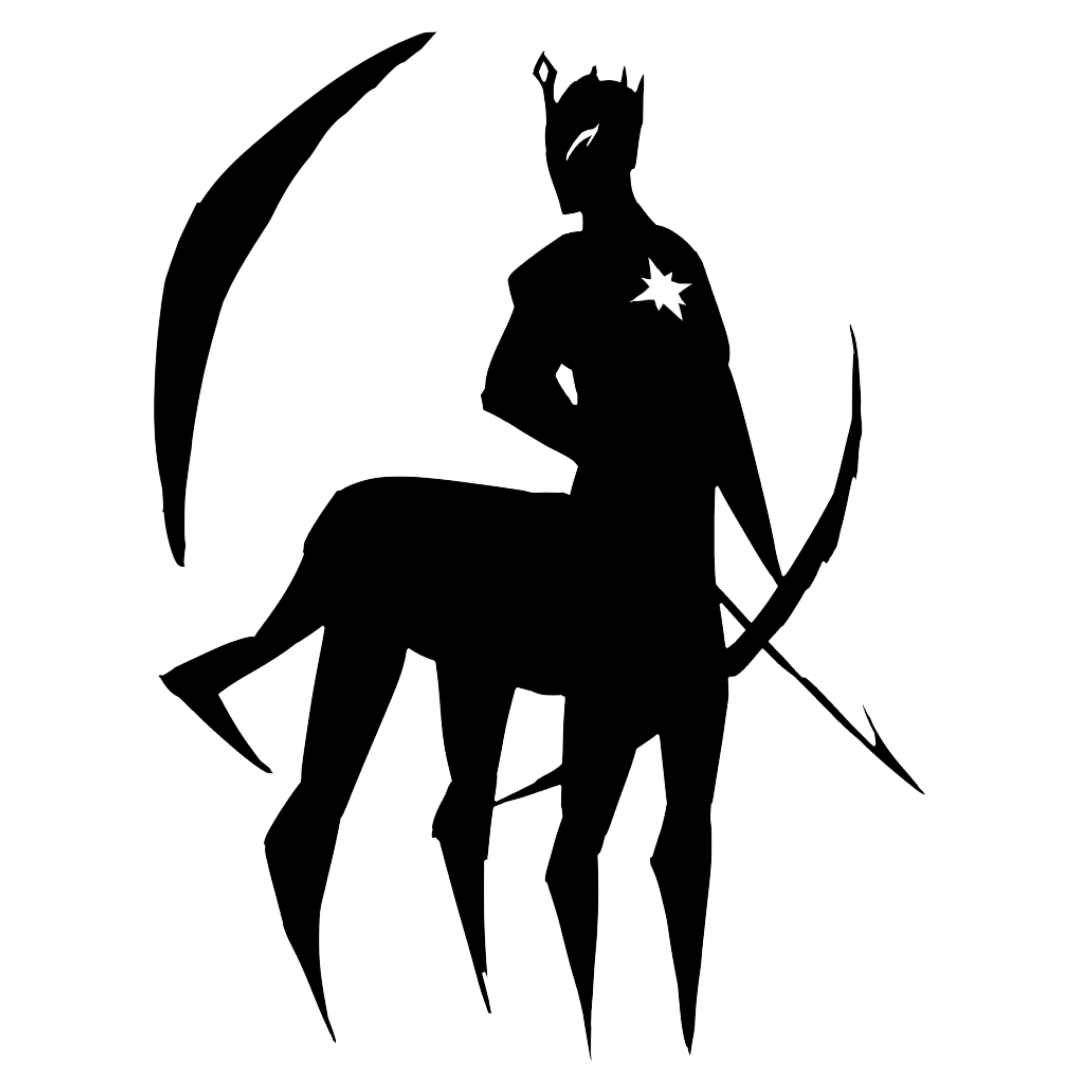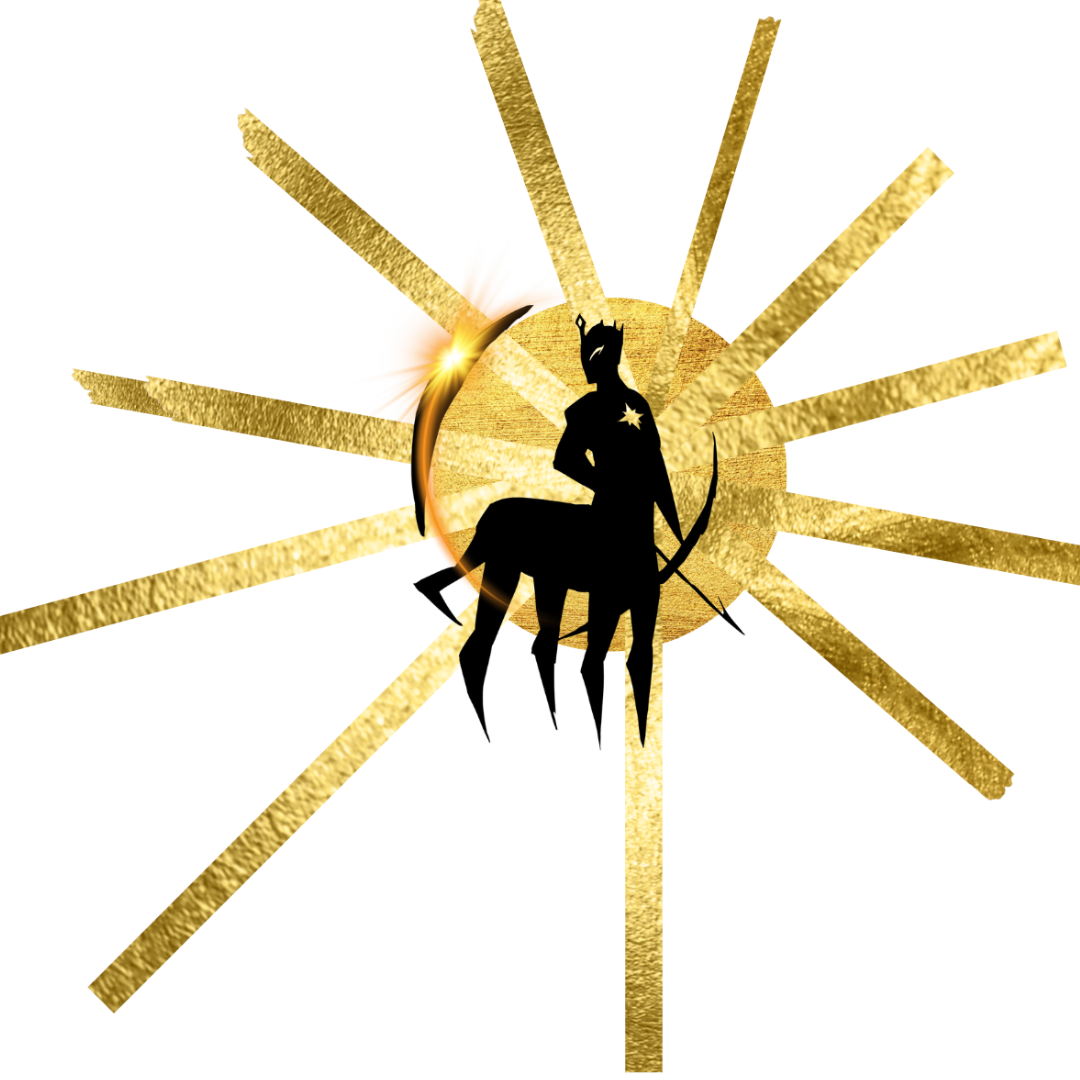QUI EST LE POÈTE?
Sourav Sengupta est un poète indien vivant à Calcutta. Aśoka at Dhauli raconte un moment crucial de l'histoire du sous-continent asiatique (et de l'humanité toute entière) en une narration épique, érudite, lyrique: maîtrisée.
Il est l'invité de QELP, The Poet's LIFE podcast, et l'apothéose de notre cinquième numéro. Son interview en conclue la première saison. QELP sera de retour en 2025.
À PROPOS
«Dhauli est le nom d'une ville située sur une colline dans l'État d'Orissa, dans l'est de l'Inde. Située sur les rives de la rivière Daya, c'est l'endroit où s'est déroulée la grande bataille de Kalinga vers 261 avant notre ère. Le lourd tribut de cette bataille aurait conduit à transformer le roi-guerrier Aśoka en apôtre de la non-violence et en émissaire du bouddhisme dans le monde entier.»
LA PIÈCE DE RÉSISTANCE
«Il y a plus de deux mille ans, le poète-sage Vyasa a composé le plus long poème jamais écrit. Aujourd'hui encore, en Inde, cette œuvre ne cesse d'être réinterprétée, relue, et remise en scène dans les maisons, dans les rues.
La poésie joue un rôle vital dans l'histoire de l'humanité: celui d'élever les consciences en les faisant passer du trivial au sublime, celui qui nous nous enjoint d'atteindre ce qui se trouve hors de notre portée.
Les bons poèmes, par opposition à ceux que l'on peut oublier, nous font faire ce pas de géant sans effort, au moment même où nous nous perdons dans la magie de leurs mots ou la subtilité de leurs rimes.
Voilà le genre de poésie qui passera à la postérité, d'après moi. Tous les grands poèmes du passé qui nous sont parvenus l'ont déjà prouvé».
En anglais. Traduction française en cours.
AŚOKA AT DHAULI
«...Returning to the royal tent, he paced with anxious tread;
While drops fell from his mortal eyes, drops of ruby red.»
Aśoka Devānaṃpiya, Beloved of the Gods,
Had subdued Greater India, surmounting many odds;
When the free state of Kaliṅga fell to a frenetic campaign
In third and forty of his birth, the eighth year of his reign.
The final battle had been won; the rival chieftain slayed;
A hundred thousand had been felled by fabled Mauryan blade.
His standards now on Dhauli’s Top flew untrammelled and proud;
“Cakravartin!”, hailed his soldiers, clashing sword to shield aloud.
Out strode he from the regal tent to breathe the morning air,
Deliberate with generals, subsequent plans prepare
To consolidate this victory, make arrangements as required,
Ere marching back to Patna, for campaign had left him tired.
He stretched his battle-weary limbs and gazed out from the height
While Sun as though in reverent greet, threw forth His brightest light.
And in that light what happened then, that is now part of lore,
For the scene he saw from Dhauli’s crest seared him to his core.
As far as royal eyes could see, a deathly stillness filled the plain.
Carcasses of steeds, giant beasts of war that had been slain,
And a hundred thousand men or more, lay scattered on the ground.
Beloved of the Gods - he surveyed this from Dhauli’s Mound.
Smoke billowed from countless heaps where bodies they were burning,
And rose to mingle with the clouds, a ghastly potion churning.
Then burst the skies in tears of rain to cleanse the earth of blood,
And Dayā - Stream of Mercy – overflowed in crimson flood.
Then came the stench of Death, from charring flesh on wetted fires,
A feast for crows and carrion fowl that pounced upon the pyres.
Two jackals came to claim their share of this stupendous meal;
One made off with a severed limb, its mate a skull did steal.
The crackle of the dying flames, a buzzard’s plaintive call,
The mother’s cry, a widow’s wail, the hapless orphan’s bawl
Were the haunting sounds he heard that rent the stilly air.
They pierced his battle-hardened soul, and more he could not bear!
“Cakravartin I am called, Mover of the Cosmic Helm;
My writ runs unrestricted in distant reaches of this realm.
But can the dead I resurrect, can shattered lives I mend?
And will the Gods who so love me, to my commandment bend?
Nay, none of these can happen, and naught can I restore;
A felon of the vilest kind am I and nothing more.”
Such were the unforgiving thoughts that bore upon his mind
As he pondered what it meant to be Sovereign of Mankind.
Returning to the royal tent, he paced with anxious tread;
While drops fell from his mortal eyes, drops of ruby red.
Thus Aśoka – Of Grief Devoid – lay grieving and in pain,
On a dreary hill, in Kaliṅga, in the eighth year of his reign.
From that day forth he spurned his sword, his mail and robe of state,
The habit of a monk he took till the ending of his days.
And Aśoka Piyadasi, Gracious of Mien,
Beloved of the Gods, became beloved of all men.
SOURAV SENGUPTA




